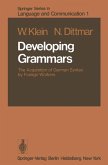

Broschiertes Buch
The Acquisition of German Syntax by Foreign Workers
Softcover reprint of the original 1st ed. 1979
18. Oktober 2011
Springer / Springer Berlin Heidelberg / Springer, Berlin
978-3-642-67387-0
Ähnliche Artikel
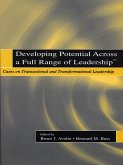
eBook, PDF
1. Dezember 2001
Taylor & Francis eBooks
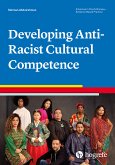
21,99 €
inkl. MwSt. und vom Verlag festgesetzt.
Sofort per Download lieferbar


27,95 €
Sofort per Download lieferbar
eBook, PDF
15. Juni 2020
Taylor & Francis eBooks
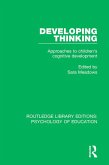



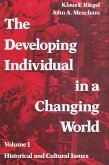
eBook, PDF
12. Juli 2017
Taylor & Francis eBooks
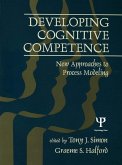
Ähnlichkeitssuche: Fact®Finder von OMIKRON
